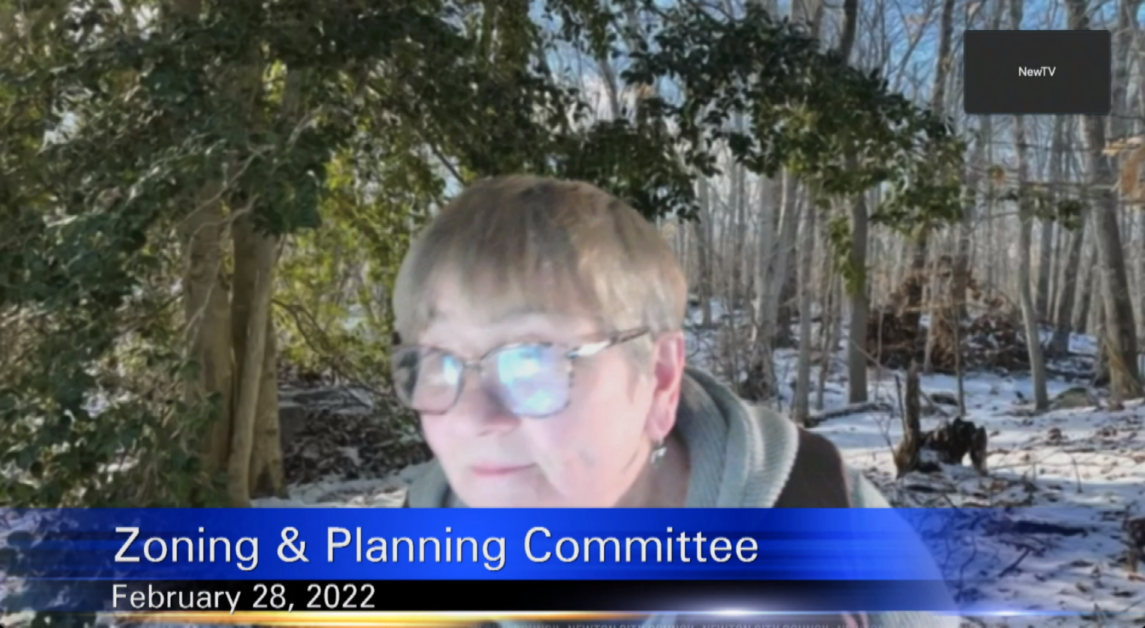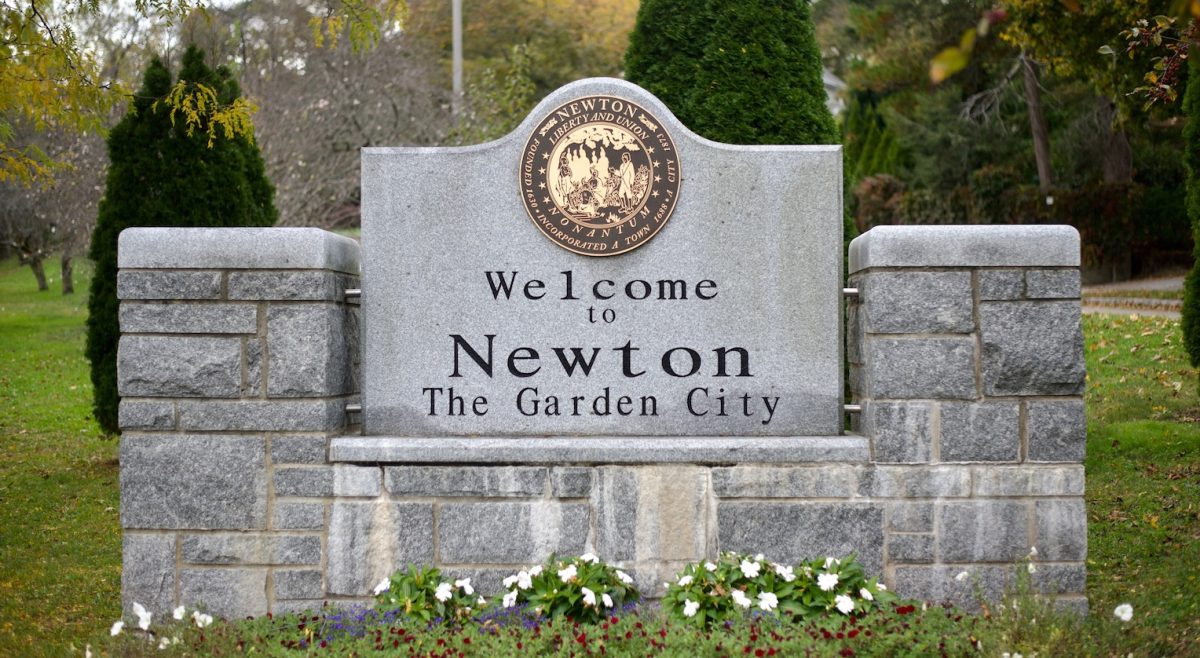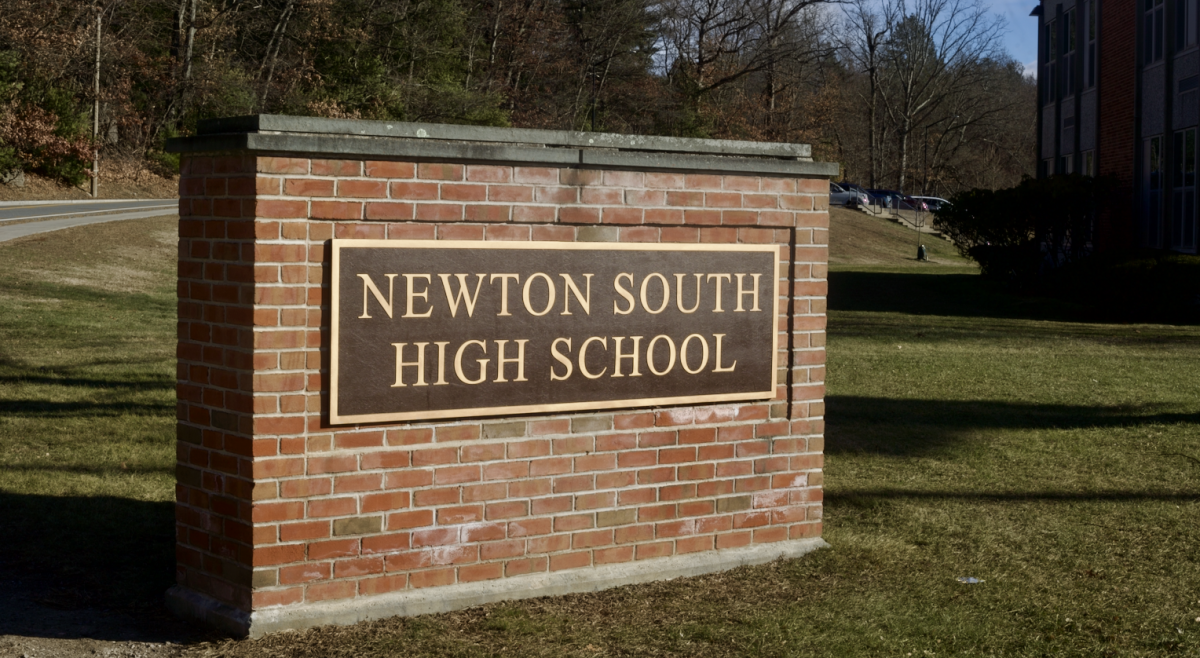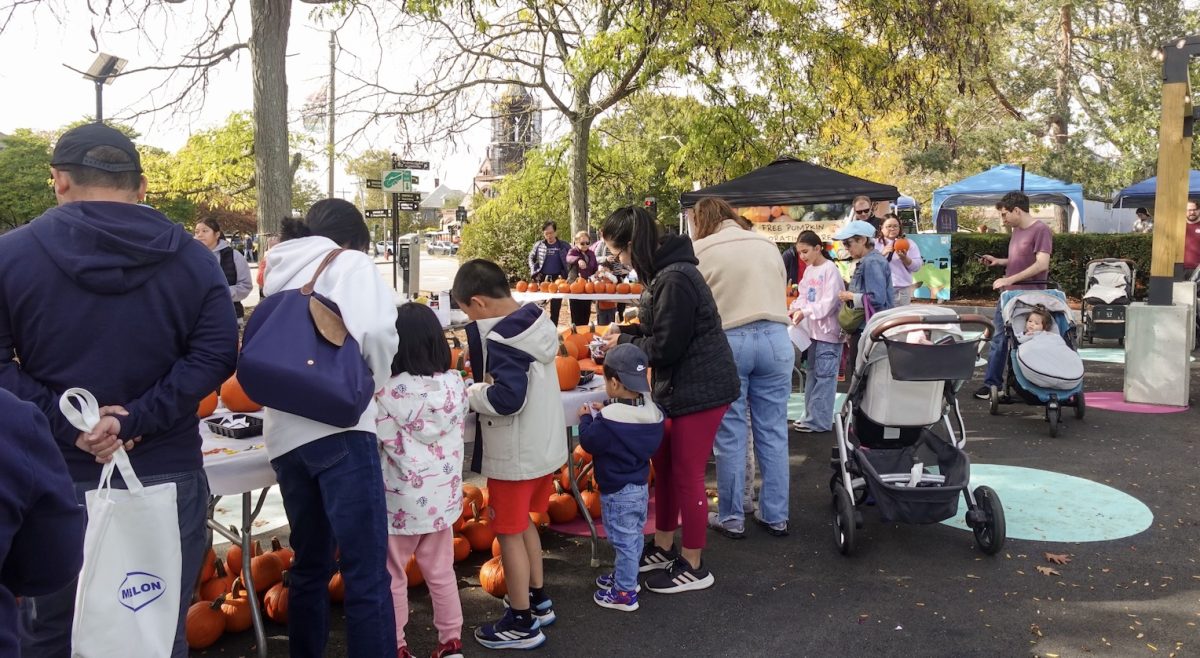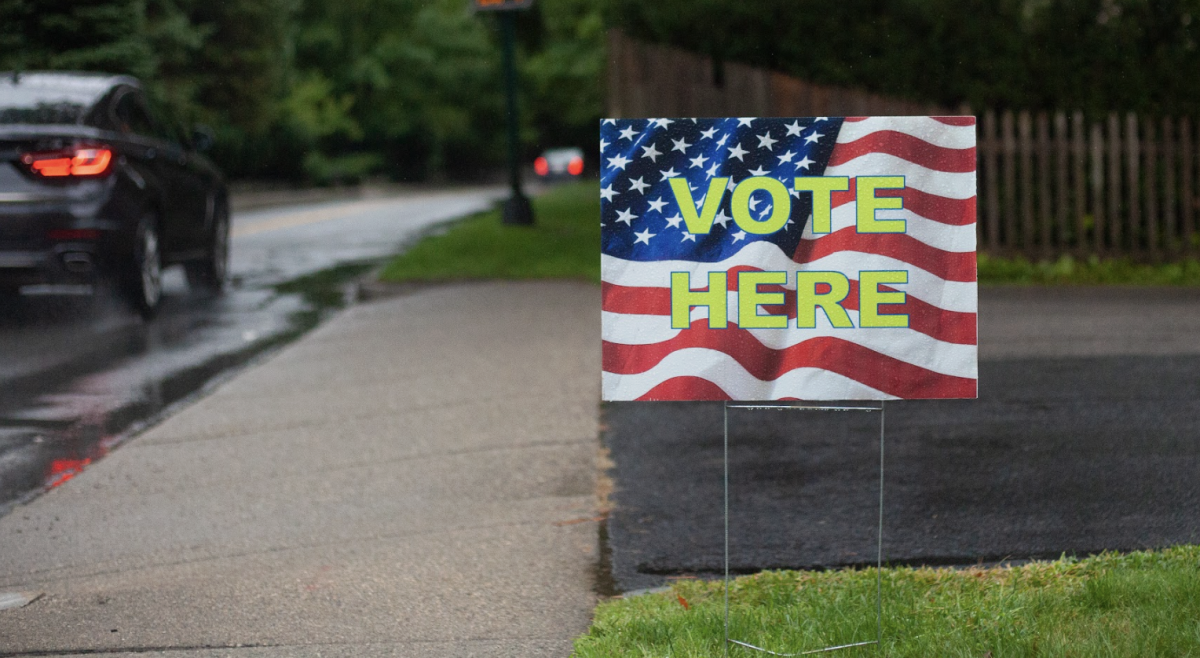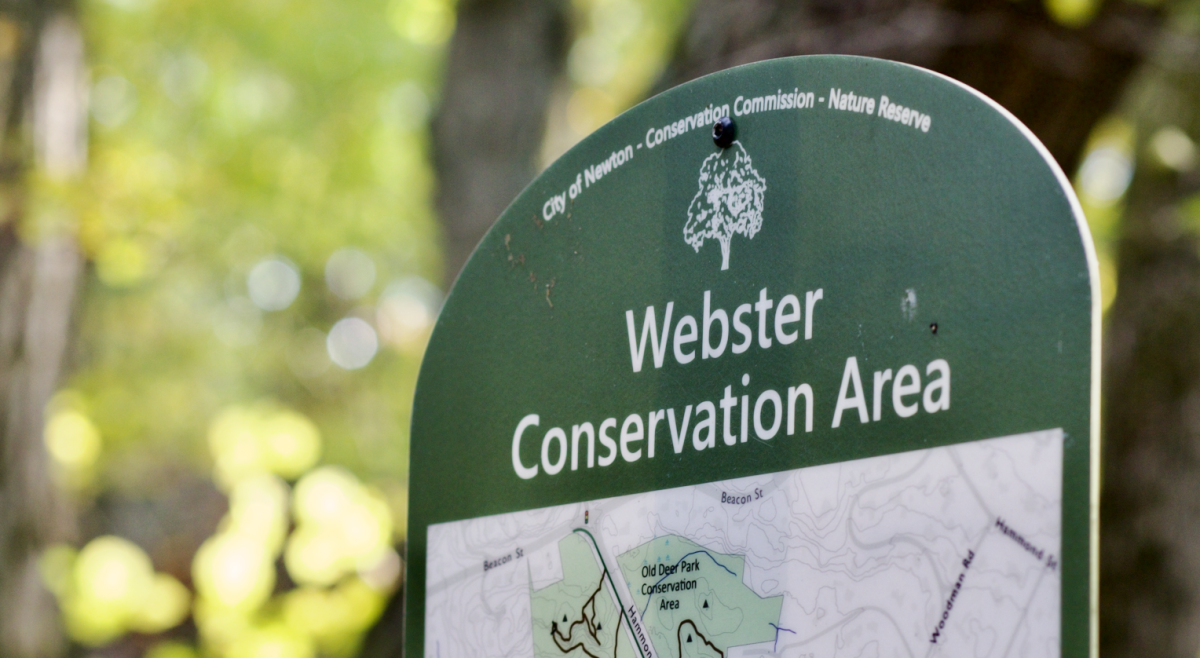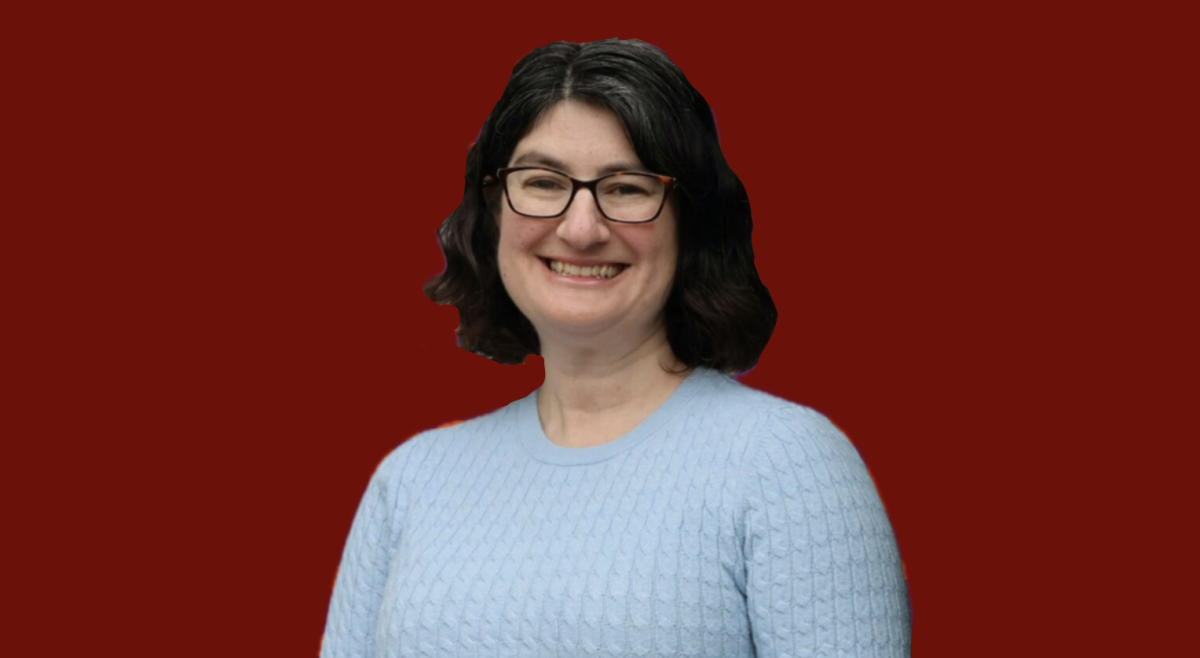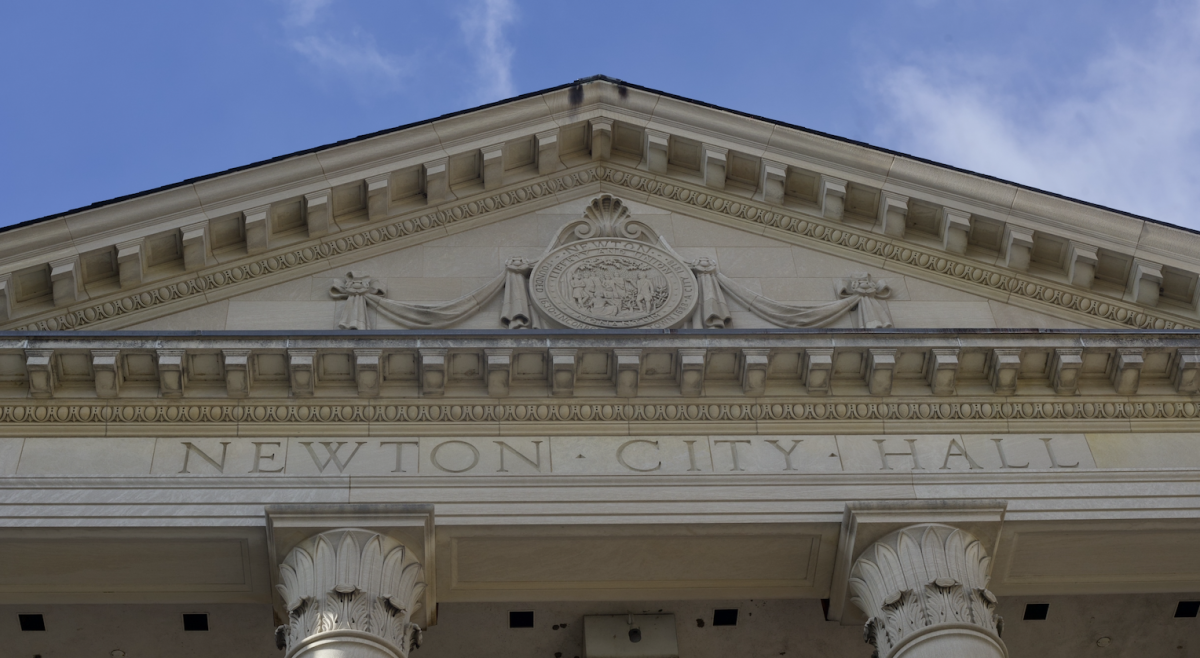Attendees at a Newton City Council Zoning and Planning Committee meeting on Feb. 28 discussed a citizens’ petition that would limit the height of businesses and residential buildings in the city.
The petition calls on the city to limit non-residential buildings to two floors and residential buildings to no more than three and a half stories. It would replace section 4.1 of the current zoning ordinances, which allows buildings to be greater than four stories as long developers apply for and receive permits with the city.
Peter Harrington, a local lawyer who submitted the 60-signature petition, said that a Newtonville Area Council survey informed his preparation for the presentation.
“The survey showed that [of] the 1800 respondents that answered the question of [building] height preference, 57 percent wanted three-story buildings,” Harrington said. “Another 25 percent would accept four [stories], so the big issue that I see with respect to village zoning is massing and building height.”
But Sean Roche, a Newton resident, said that the petition is not worth the committee’s time.
“[Zoning and Planning committee members] have much better things to do with the limited time they have, and as a fellow citizen, it is kind of insulting that 60 or so people thought this [petition] was worth tying up Zoning and Planning,” Roche said during the hearing.
Massachusetts Governor Charlie Baker signed an amendment to the Massachusetts zoning laws in January of 2021 that mandates MBTA communities—municipalities that host MBTA services—to provide space for multi-family housing units. Newton, as a designated MBTA community, must provide at least one area of multi-family housing in the city or risk a loss of funding from the commonwealth.
Around the same time, the City of Newton began the first phase of its village center zoning redesign, which primarily sought to engage the community’s opinions and conduct research about new zoning, according to a phase one report that the Zoning and Planning Committee released in October.
Currently, the village center redesign is in the scenario stage—the second of three stages—which analyzes the various scenarios for redesigning in the village centers of Newton, according to the committee’s agenda.
The third phase is set to begin in July and will implement the zoning changes on building and construction in the city based on the research conducted in stage two, according to the committee’s timeline.
Harrington said in his petition that his plan balances an endorsement of affordable housing with the maintenance of the appearance of the village centers in the city.
“This proposal is intended to protect the visual character of our villages, encourage responsible village redevelopment, and [meet] new state requirements for multi-family residences,” Harrington wrote in a memo accompanying the petition.
Harrington continued to voice his concerns during the public hearing portion of the meeting. He called for more buildings with pitched, downward-sloping roofs in order to preserve the look of a historic New England town. He said that developers should not always focus on constructing large buildings.
Several residents spoke against the petition.
Dan Powdermaker, a member of a building professionals group that analyzed Harrington’s zoning plans, praised the proposal’s focus on concerns of building scale, and recognition of multi-family units by right.
Later in his comments, Powdermaker noted some limitations of the proposal, namely the financial feasibility of redeveloping smaller buildings into residential units and the concern that the plan may not meet certain MBTA community standards.
Harrington said the city council should vote to adopt his petition and implement his proposed zoning ordinances.
“I think that it’s an important decision to make in that once [the council makes] the decision about that, everything else will flow along pretty easily,” he said.
Featured Image by Connor Siemien / Heights Editor

